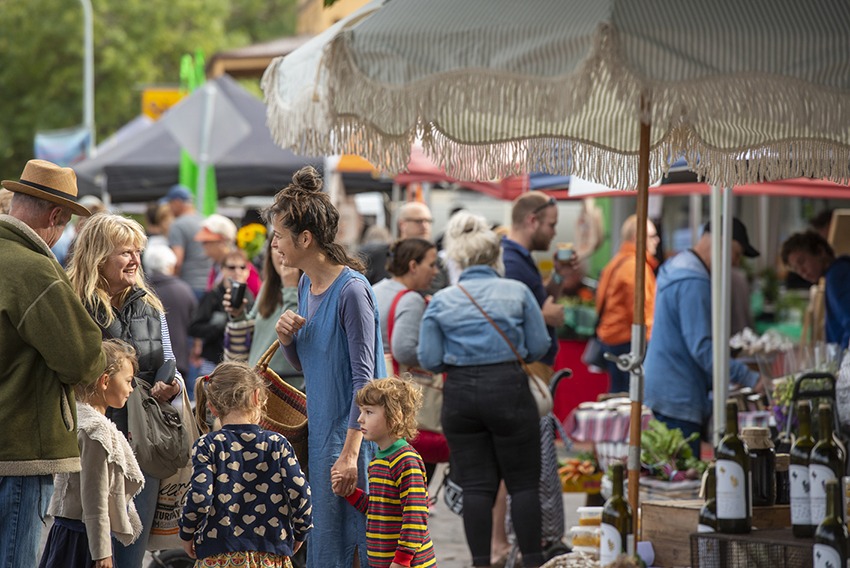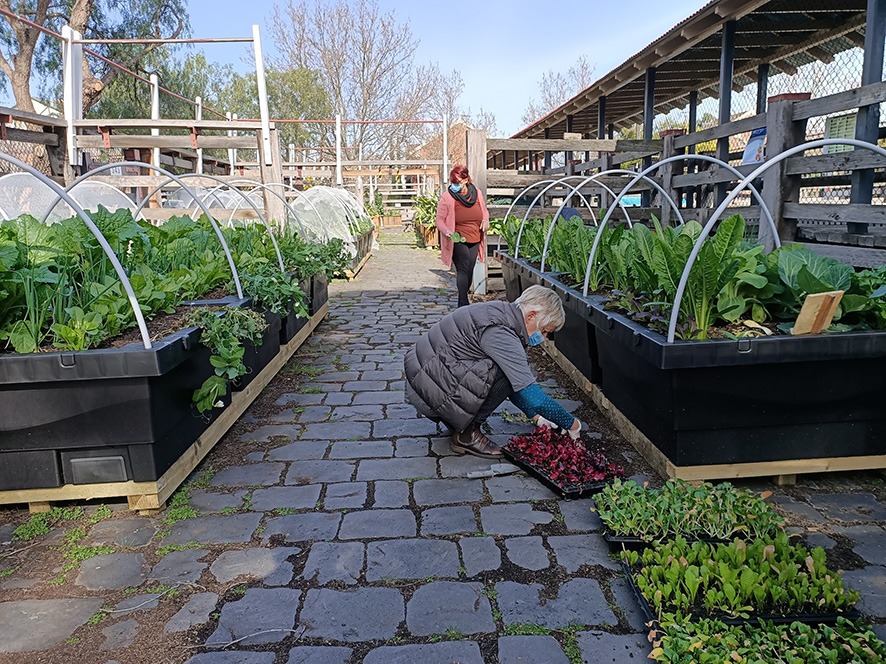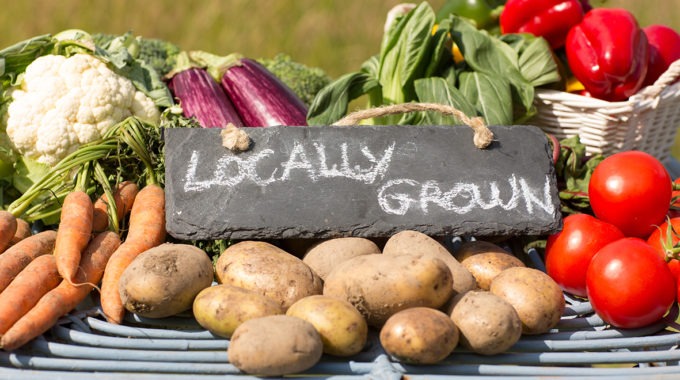Localisation: the way forward for food
This June, a World Localisation Day campaign is taking place across six continents. It offers a new economic vision – broadly termed “localisation” – to increase wellbeing and prosperity for the majority, while reducing emissions, pollution and the use of resources.
Launched by international non-profit Local Futures, the campaign brings together a global network of 50+ partners spanning 28 countries. From Japan to Benin and from Brazil to France, online conferences, talk-shows, hands-on workshops, seed exchanges, local food festivals and more are taking place under the banner of World Localisation Day, June 20.
Localising our economies – and our food systems in particular – is one of the most important things we can do for the wellbeing of people and the planet. Consider the fact that Australian nuts are regularly flown to China to be cracked open, only to be flown back again to be sold. Similarly, the US exports around 1.4 billion tonnes of beef every year, and imports roughly the same amount. These examples of unnecessary and polluting trade are only the tip of the iceberg. The global food system – from clear-cutting to toxic pollution to food miles – is responsible for up to 57 percent of all greenhouse gas emissions.

Think local to act global
There is a solution. Or rather, a web of diverse and decentralised solutions that are adapted to place: local food systems. Think farmers’ markets, community gardens, producer-consumer co-operatives and urban farming. By shortening the distances between producer and consumer, local food systems dramatically reduce pollution. They also increase biodiversity and productivity and providing more local jobs.
Localisation is about keeping money within the community, and investing in the place where you live – financially, emotionally and practically. It’s not about eliminating international trade, but about reducing the power of unaccountable corporations. And it’s about pressing for policy change: to shift taxes, subsidies and regulations that currently favour a small number of global giants to instead support a multitude of businesses and industries that are more transparent and adapted to their unique local environment.

Localisation offers an economic strategy to reweave the fabric of local communities, democratise economic activity and meet our fundamental needs for connection to one another, to nature and to meaningful work. Local food is a real “solution-multiplier”. It enables us to massively reduce pollution and emissions while simultaneously restoring ecosystems, providing more rewarding jobs, supporting health and feeding the world.
To celebrate and raise awareness about the transformative power of local food systems, a worldwide Local Food Feast campaign is at the centre of this year’s World Localisation Day. Hundreds of feasts are taking place across the globe this month as part of a decentralised but united movement for change. They’ll be celebrating diverse local traditions as they raise awareness about the worldwide localisation movement. To find out more about World Localisation Day, head to worldlocalizationday.org. You can also check out this three-minute film which reveals the hidden effects of the current global food system.









